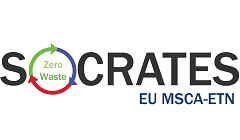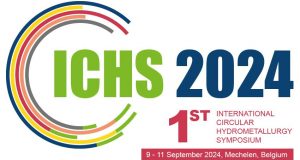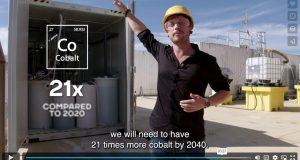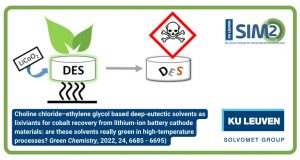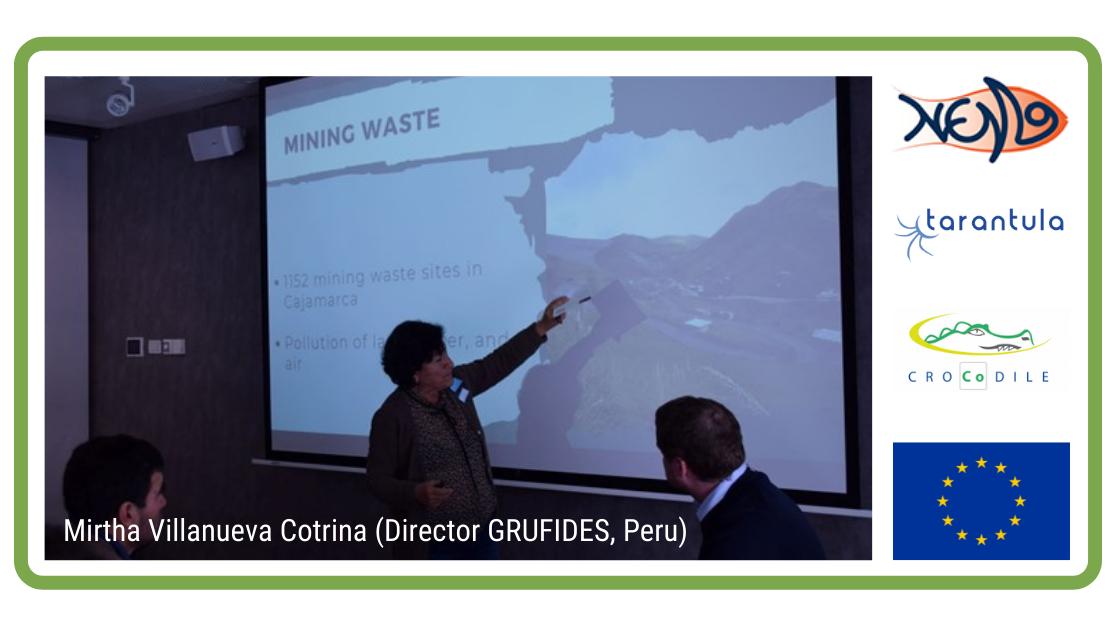On March 29, 2018, the official kick-off event for the GloREIA project took place in Brussels. GloREIA is to become a new, global association for the rare earth industry. The GloREIA project receives support from EIT RawMaterials. (Leuven, 5-4-2018)
There are industry associations for nearly all metals, but rare-earth metals (REEs) (which are among the most contentious) have not found an association to promulgate them into a sustainable industry. To fill this gap and to make to strategy for new association, representatives from around 40 rare earth mining, separation companies, metal, magnet manufacturers, automotive suppliers, NGOs, universities and EU institutions gathered in Brussels on 29th March under the umbrella of GloREIA project sponsored by EIT Raw Materials, a European Commission sponsored organization.
Kick-off event
Opening the kickoff event, the project managers, Dr. Nabeel Mancheri, a rare earth economist of more than 8 years’ experience in the REE sector and Gwendolyn Bailey, a rare earth scientist, reaffirmed the relevance and need for such an international association in absence of a coordinating body to manage rare earth issues internationally. Dr Nabeel Mancheri reiterated that the absence of such a representative body and a referral point for the REE stakeholders across value chain deepened the REE problem in 2010-11, as there was a real communication gap between different stakeholders, communities and nations, and absence of a coordinating mechanism to roll out a collective global solution. The association will strive to avoid such a catastrophe happening in future. The reason an association like this one does not exist is not because it is not needed. On the contrary, the REE industry faces numerous obstacles such as inefficient recovery of rare earths from end users/end products, high environmental impact from production and processing, high volatility of the raw material prices and low competition from countries outside China.

Kick-off event GloREIA, 29-3-2018, Brussels
Prof. Dudley Kingsnorth and Dan Packey highlighted the issue of illegal/grey mining in China and consequent environmental costs and, how an international association can help China to overcome these problems. It would be pertinent to draw the big six Chinese SOEs to the association and through the association, the global RE industry can aim to achieve a more balanced and sustainable market. Dr Chen, representing Association of China Rare Earth Industry (ACREI), explained the efforts of China in correcting rare earth imbalances. He shared, China would be more outward looking in coming years through investments in foreign RE assets and buy back agreements. He asserted that China would be more than willing to assist the association and he foresees a close cooperation between ACREI and GloREIA. Dr. Gareth Hatch of Technology metals, LLC lauded the timely efforts of the team and explored the synergies between the objectives of the association and the ongoing works on the international standardization. Professor Roderick Eggert of Critical Material Institute outlined different business plans that the association can emulate and explored the cooperation between CMI and GloREIA. He pointed out that the Mountainpass is expected to start the production sometime soon as an independent, single entity and cooperation of China in reopening of the mine. This is an example of the types of trends that we could observe for our future. Nick Kotaki from Material Trading Company of Japan, explained the Japanese RE market, particularly after the crisis in 2010-11 and hoped that if such an organization existed at that time, the things would have been better. Elbert Loois shared a similar view and explained the trajectory of forming the resources alliance (RA) in Germany in a post- crisis period.
Project info and partnership
The GloREIA project is coordinated by KU Leuven, Belgium and supported by Leiden University, Netherlands Geological Survey of Denmark and Greenland (GEUS), KOLEKTOR GMBH, Germany, NEO Performance Materials, Estonia and Magneti, Slovenia as consortium partners. Lynas Corporation Limited, Rainbow Rare Earths Limited joined as external partners. The advisory board consists of leading rare earth experts such as Dudley Kingsnorth, Industrial Mineral Company of Australia, Dan Packey, Curtin University, Perth Australia, Nick Kotaki, CEO, Material Trading Company of Japan, Chen Zhanheng, Vice president, Association of China Rare Earth Industry, Gareth P Hatch, CEO, Technology Metals Research LLC, UK, Elbert Loois, CEO, HiTech Materials Advisory, Germany, Roderick Eggert, Professor, Colorado School of Mines and Deputy Director, Critical Material Institute, Department of Energy, USA, Arnold Tukker, Director, Institute of Environmental Sciences, Leiden University, Netherlands and Karel Van Acker, Professor Department of Material Engineering, KU Leuven, Belgium.
About GloREIA’s Objectives
The main objectives of the GloREIA project are to
- GATHER the key REE stakeholders, best practices and, most importantly, life cycle data to state a common vision for developing a sustainable Rare Earth Industry and Circular Economy.
- CREATE operational synergies, methods, based on best practices, reports and data from previous projects and evaluations. The organization will also set up and manage a database of life cycle inventories with and for industry members and scientists in the REE field.
- SHARE & TRANSFER sustainability objectives through collaborative research efforts, data and publications.
GloREIA’s ambitious goal is to develop a more synergistic REE supply chain; aiming to reduce the deep fragmentation known in this sector. The GloREIA consortium assembles the best European manufacturers and academic expertise on REEs, together with global associations such as the Chinese Society of Rare Earths (CSRE) and Association of China Rare Earth Industry, Critical Material Institute (CMI) and EIT Raw Materials so that research and policy activities in the area of Rare Earth Elements can be streamlined, integrated and mutually strengthened for the benefit of all stakeholders.
The direct impacts of the association will include the collective benefit of working towards more cooperation; thus, towards a conjoined and coherent approach towards raw materials policies and investments. Impacts for the individual stakeholders will be increased knowledge and understanding of the issues at hand, better access to international networks including those of other stakeholder groups and other regions.
For more information please contact:
Nabeel Mancheri, Project Manager – Institute of Environmental Sciences (CML), Leiden University, n.a.mancheri@cml.leidenuniv.nl, T + 31 (0) 71 527 5643
